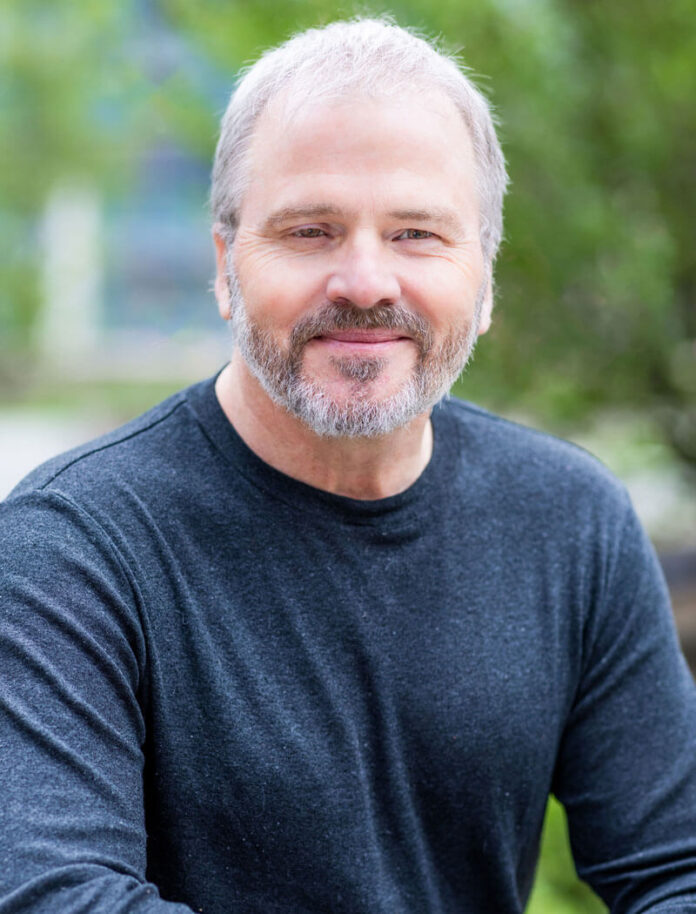SEATTLE & CAMBRIDGE, Mass. — BrainChild Bio has received Breakthrough Therapy designation from the U.S. Food and Drug Administration (FDA) for its B7-H3 targeting CAR T-cell therapy, BCB-276, marking a significant step forward in the treatment of diffuse intrinsic pontine glioma (DIPG), a fatal pediatric brain tumor with no effective cure.
The designation was granted based on encouraging survival outcomes from the Phase 1 BrainChild-03 trial, which was conducted in collaboration with Seattle Children’s and recently published in Nature Medicine. The trial involved children and young adults with DIPG, a high-grade brainstem tumor that primarily affects children between the ages of 5 and 10 and carries a median survival of just 11 months following diagnosis.
The FDA’s Breakthrough Therapy designation is reserved for experimental treatments that show substantial improvement over current therapies for serious or life-threatening conditions. It provides developers with increased support from the FDA during the clinical development process, including eligibility for rolling submission and priority review of a potential marketing application.
Michael Jensen, MD, Founder and Chief Scientific Officer of BrainChild Bio, said the designation validates years of scientific progress. “This represents a major milestone not only for our team but also for the children and families affected by DIPG. BCB-276 has the potential to shift the treatment paradigm for brain tumors in the central nervous system, including glioblastomas and brain metastases,” he said.
The therapy, BCB-276, is an autologous CAR T-cell treatment engineered to target the B7-H3 protein, which is commonly expressed on the surface of DIPG tumor cells. Unlike conventional treatments, which have struggled to penetrate the blood-brain barrier, BCB-276 is administered directly into the cerebrospinal fluid through a catheter device placed in the brain’s ventricular system. This intracerebroventricular (ICV) delivery method allows the therapy to bypass the blood-brain barrier and reach the tumor site more effectively, enabling repeated infusions and reducing systemic toxicity.
Dr. Jeff Sperring, CEO of Seattle Children’s, said the FDA designation underscores the promise of their ongoing collaboration with BrainChild Bio. “This milestone reflects the power of research in transforming care for children with devastating diagnoses. We’re encouraged by the early data and hopeful for what this therapy could mean for children with brain cancer,” he said.
BrainChild Bio is preparing to initiate a single, pivotal Phase 2 trial of BCB-276 in the fourth quarter of 2025. The study will be conducted across multiple centers and is expected to support a Biologics License Application (BLA) to the FDA. The clinical plan follows a Type B meeting with the agency in late 2024, where alignment was reached on the trial design.
DIPG remains one of the most difficult pediatric cancers to treat due to its location in the brainstem, infiltrative growth pattern, and the persistence of an intact blood-brain barrier. Current treatment options are limited to palliative radiation, highlighting the urgent need for new therapies. BrainChild Bio’s approach, which delivers CAR T-cells directly to the tumor site via ICV infusion, offers a potentially transformative strategy that could improve survival and reduce adverse effects in children facing this aggressive disease.


